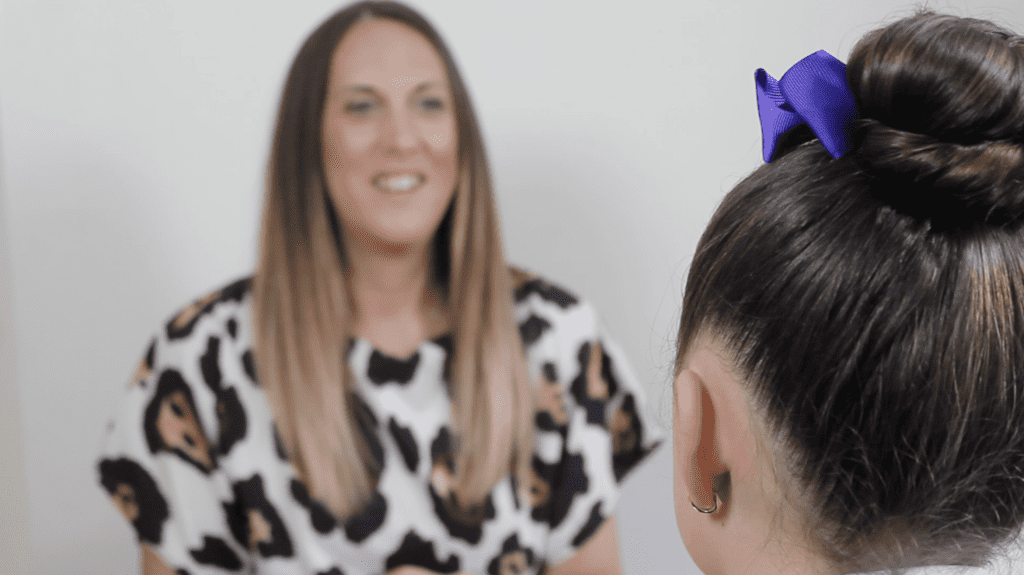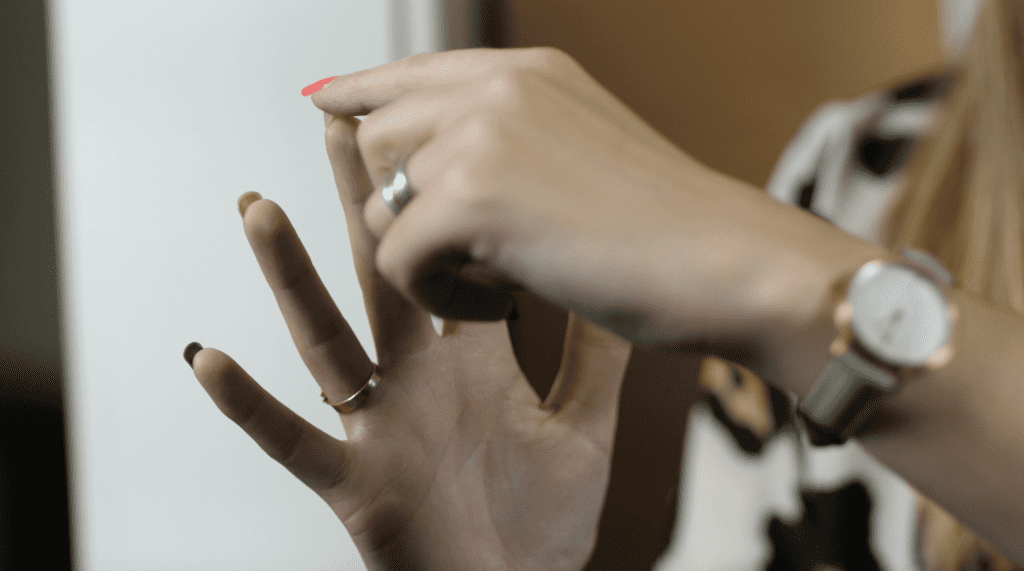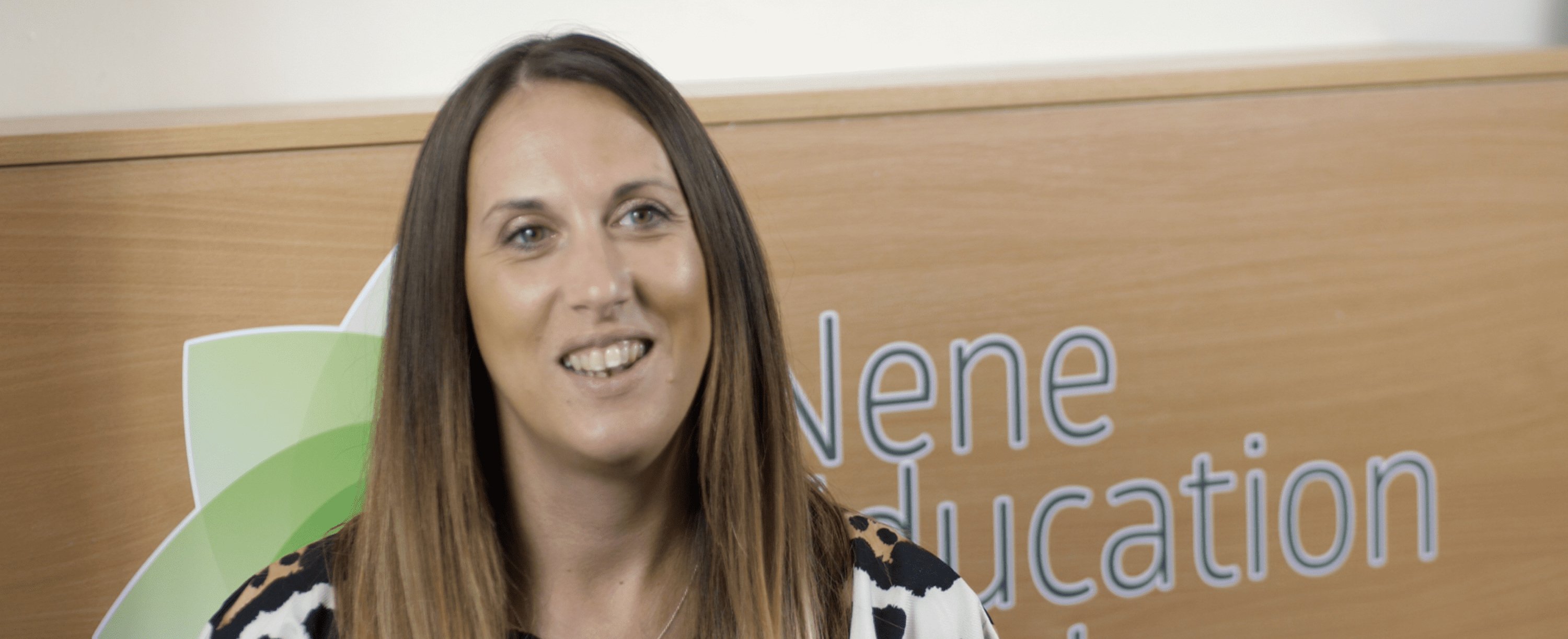In recent years, mindfulness has become something of a buzz word in the media; in health, and mental health in particular; in the collective consciousness of the nation and, naturally, in education. But what is mindfulness and is its place within our curriculum here to stay?
Jon Kabat Zinn, often referred to as the modern founder of secular mindfulness, defines it thus: “Mindfulness means paying attention in a particular way: on purpose, in the present moment, and non-judgementally.”
There is strong evidence showing the impact of mindfulness on a range of mental and physical health conditions, social and emotional skills, on learning, cognition and well-being. Neuroscience and brain imaging shows that mindfulness meditation reliably and profoundly alters the structure and function of the brain and improves the quality of both thought and feeling (Weare, 2012).
While research is largely based on adults, there is a growing number of studies being done with children and young people in school settings, showing the same positive results. All this strengthens the argument that mindfulness in schools is well worth doing.
Within the Nene Education Trust (NET), I work in schools across the age ranges, delivering a number of different programmes for staff and pupils. My approach to delivering mindfulness sessions in each setting is to support the great work already being done by colleagues on social and emotional well-being through the PSHE curriculum, through pastoral support and the wider curriculum for pupils. But one of my main aims has always been to support the mental health and well-being of colleagues working in schools within the Trust.
The .b Foundations course I lead is a specifically designed eight-week introduction to mindfulness course for school staff, developed by The Mindfulness in Schools Project (MiSP). It was designed with schools in mind, knowing that staff are often time poor but in need of support for their mental health and well-being. The course covers a range of themes from how we can switch out of autopilot and bring mindful moments to our day, how we relate to our thoughts and feelings, deal with difficulty, how we relate to ourselves and others, and finding balance. It uses the book Finding Peace in a Frantic World (M Williams and D Penman) as its basis, providing further reading each week to deepen understanding on the theme of the session, as well as giving structure to the meditations introduced each week.

Colleagues who have completed the course have reported improved concentration, clarity in communication, decreased anxiety and stress, overall improvements in health and well-being and, in some cases, have found it to be life changing. Although the course is not designed as professional development, almost all participants report that it impacts their approach to their role. Class teachers in particular report that they utilise the tools and techniques they have learned in their classroom practice.
When the class teacher adopts a mindful approach to teaching and learning, the pupils undoubtedly benefit. By having a mindful approach in the classroom, we stay connected with ourselves, and our class, moment to moment; we are able to be responsive rather than reactive
To be able to work with school staff whatever their role within the organisation is a gift. For a trust to invest so heavily in its staff, to provide opportunities throughout the year to access a course designed purely and simply to support them as individuals is progressive. People first, process second has become a mantra I gleaned from key figures in the leadership team within the trust. So often we might see and hear these words, without the necessary investment and commitment behind them to bring them to fruition. This trust understands how important it is to invest in the whole person, whether that is the child or the adult.
So how about for the pupils? In the primary phase (KS2) I deliver the Paws b programme created by MiSP. This 12-lesson programme allows the class and class teacher to develop a range of tools and strategies to use mindfulness in daily life, all with a firm basis in neuroscience. Pupils learn about four parts of the brain and what they do. The sessions use a variety of stimuli to engage the children and prompt discussions. The sessions focus on building concentration, understanding emotions, managing difficulties, understanding the power of our thoughts and how we can nurture ourselves and others.
For secondary students I designed a one-off workshop around managing stress, specifically for Year 10 to Year 13 students. The hour-long workshop, delivered as part of Manor School’s World, Work, Wellness curriculum, provides the opportunity for students to discuss and explore what stress is, how they experience it, what triggers stress for them and to gain an understanding of the physiological and psychological basis for how we experience stress. A key part of the workshop is providing students the opportunity to build their own toolkit for managing stress.

In thinking about how to bring mindfulness to the youngest children in the trust, I developed my own programme, called 123 Be. The sessions are based around picture books to act as a stimulus for discussions about our feelings and experiences. Short mindfulness techniques are introduced through stories, games and songs, having fun with learning about ourselves. Over the course of 12 weeks it is easy to see the way that their language skills develop in talking about their emotions. This in itself is a powerful tool for younger children; to be able to express themselves articulately can reduce frustration and lead to better self-regulation.
So, what does the future look like? For me, the role of mindfulness in education is multi-faceted. For staff it offers the chance to invest in themselves, learn tools for managing difficulties and bring balance to their lives both personally and professionally. For pupils it offers the chance, from a young age, to learn valuable tools for life in building resilience, building confidence and learning to understand and manage emotions. In the classroom we have a two-pronged strategy: a structured curriculum to teach the mindfulness tools and techniques to help navigate life, supported by a growing mindful approach to teaching and learning, supported by fantastic resources. Mindfulness is here to stay, and by prioritising integrity in our approach to embedding it in our practice we can ensure we are really and truly investing in the whole person.
The Nene Education Trust is a multi-academy trust in East Northants. NET’s schools include Windmill Primary Raunds, Stanwick Primary, Newton Road School Rushden, Raunds Park Infants, St. Peter’s CE Junior, Woodford CE Primary and Manor School Sports College.
For further information about the Nene Education Trust.














